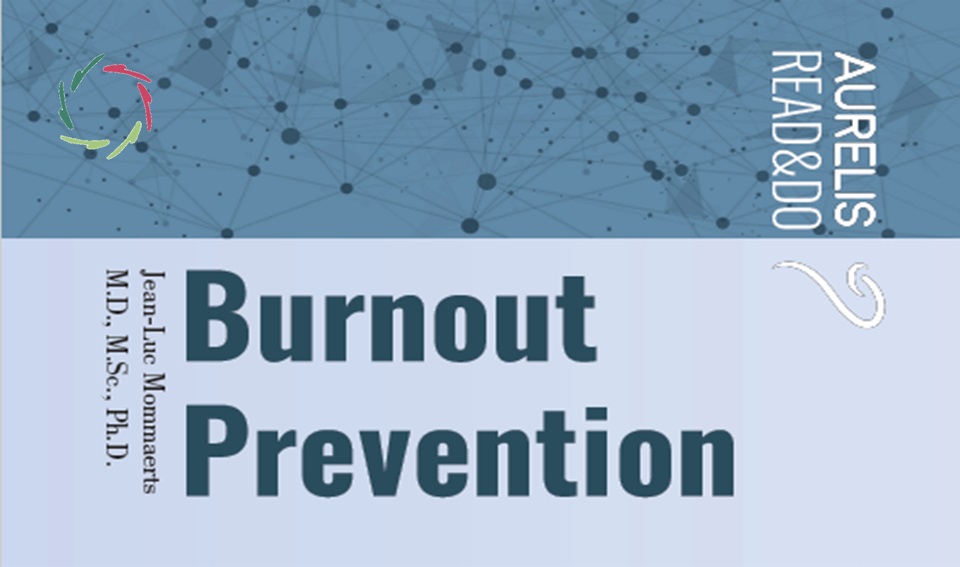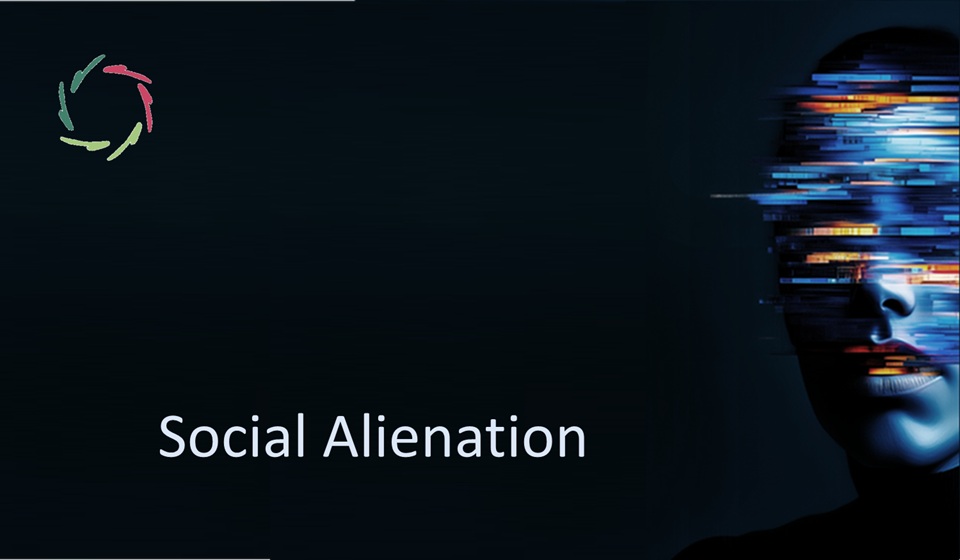Depression Relief – Read&Do

This is the foreword to my book ‘Depression Relief’ that you can find on Amazon (see menu).
Pandemic of depression
An increasing number of people are being diagnosed with depression worldwide. There is more to this than just some wrought statistics. There is much suffering at the deepest level, which is what depression basically stands for.
This points to societal, cultural influences in a very broad sense. It is not ‘East versus West,’ for instance. Worldwide, culturally, people are evolving towards a setting that makes them more prone to depression. It’s interesting to look at it this way – worldwide – since this can also lead to much-needed solutions. Of course, people are not made to be a world-encompassing species. We are made to live in relatively small groups, as hunter-gatherers mainly. This has gradually changed since some 10.000 years. Genetically, not so very long ago. Much more recently, the world has become a global village. Conceptually seen, that is very much OK, but are we following this as individuals? For instance, it’s not so easy to follow any organic ideology if one is in contact with an abundance of competing ones with the click of a mouse. This makes any ‘moral certainty’ less evident. Rationally OK, but can most people cope? It doesn’t come naturally. Are people supported in this? The opposite seems to be happening. People are driven into their silos with aggression towards other silos. Black versus white. Progressive versus conservative. America versus China. Tolerant (?) versus intolerant. The list goes on.
People are being set up against each other,
not so much by a mastermind (although manipulators abuse it) as from an inner vulnerability. Us versus them. Small groups self-identify by treating others as ‘the others.’ Within-group empathy enhances this, not for the sake of rationality but in-depth. On top comes a vulnerability for inner dissociation. The very development of consciousness in the long-term evolution towards the human species lies at the basis. It has brought us many good things and also bad things. Without proper support, more and more, we are paying the price in outward aggression and inward depression.
Underlying dissociation
From an AURELIS viewpoint, depression is central to the whole domain of psychosomatics. Is this field in totality a ‘masked depression’? We can go a step further and see depression itself as a mask. Underlying this mask lies the inner dissociation that we just encountered. One wants something consciously, but non-consciously, one wants something very different. It may even be the reverse. In that case, there is a complete dissociation between both. Since one is not conscious of what is non-conscious, one may continue going into the conscious direction. Meanwhile, the non-conscious is much more ‘energetic,’ being: it lends a person the feeling that he is following the path that fits with who he profoundly is and how he wants to really see himself. Not so in a state of inner dissociation.
Inner dissociation is a body-mind happening.
It can be managed from both sides. It can show more like one or the other. A Read&Do is oriented to the mental side. This doesn’t mean that the other side is unimportant. Regular jogging in nature shows to have a positive influence on depression. That may be dependent on the mental attitude of the jogger. One can feel nature inside while jogging inside nature. Obviously, a proper combination of the mental and the physical is the optimal choice for managing depression or any kind of psychosomatics.
Antidepressants
Can a pill cure depression? Is it even possible in principle? In my view, the answer is no. Depression is much too complex for that. It is like shooting at a cloud with a bullet. The bullet will never make the cloud change its course. Otherwise stated, there is a mismatch between the conceptual and the subconceptual.
Yet antidepressants form a multibillion-dollar business. Many people who take antidepressants report a diminishment of their bad feelings and symptoms. Also in scientific studies, albeit to a small degree. Even more, side effects have a double importance in this. They diminish the double-blindness (thus the scientific value of the study). They also show that not only the feelings of depression are dampened, but, to a certain degree, all feelings and more. Such is the working, not of an anti-depressant but an anti-total-person.
In the meantime, from a subconceptual viewpoint, many patients think they get the best care available and stop looking for solutions in themselves. That even leads away from the necessary ‘communication to inside.’ In that sense, one can see an essential cause of depression, broadly speaking, or call it ‘dissociation.’ The solution is part of the problem.
Depression and COVID
It’s July 2020 at the time of writing. I’m trying to get the idea of a COVID-whirlpool into the attention of all people. I succeed in almost none. If this continues, it’s going to end badly. The ‘whirlpool’ is one in which mental factors play a crucial role. In the phenomenon of depression, one can also see a whirlpool with several mental factors, mainly ones that act on a subconceptual level. Are the COVID one and the depressive one eventually the same kind of whirlpool?
I think they are substantially related. Is this to say that the evolution of COVID (the disease, not the viral infestation) is worse, on average, in depressive people? I have no idea. It might be. In the future, most probably, correlations will be found. There will be some discussion about causality in this regard. There appears to be some correlation between COVID and anxiety syndromes, which frequently overlap with depression in a patient’s lifetime. It depends on how a person relates to his depression or anxiety. The term ‘depression’ does not stand for a simple concept, but a very complex one. This complexity needs to be entered to see any causal correlations. This problem is related to many things concerning the subconceptual. One can point to anything and nothing.
Depression only
When getting closer to what’s deeply meaningful, forms disappear, concepts disappear. At the same time, what is deeply meaningful is most important. One can throw it out of the backdoor because it is formless, thus cannot easily be conceptually proven. Then all meaning gets lost. The only thing that remains is depression. If we mistake rationality with conceptuality, then it may be feared that a so-called ‘rational world’ will not be one in which humans can live.


